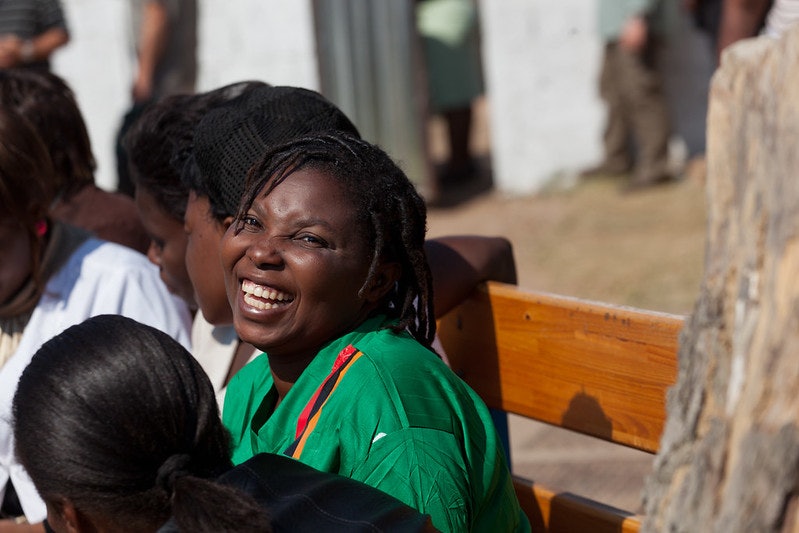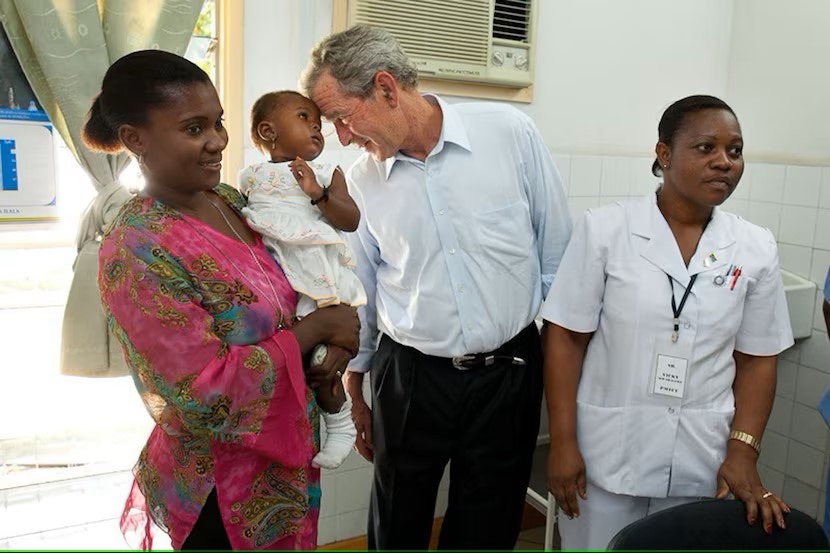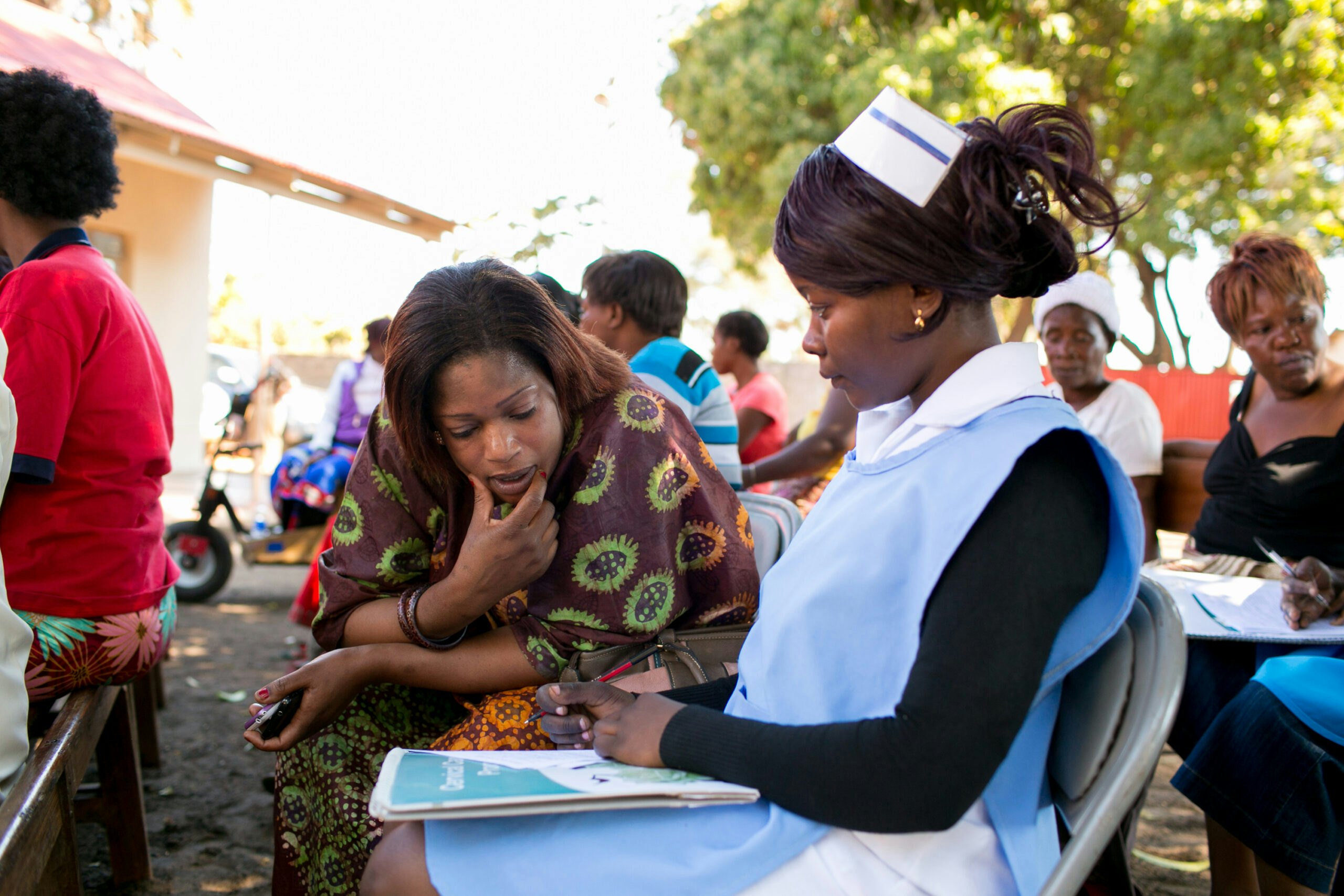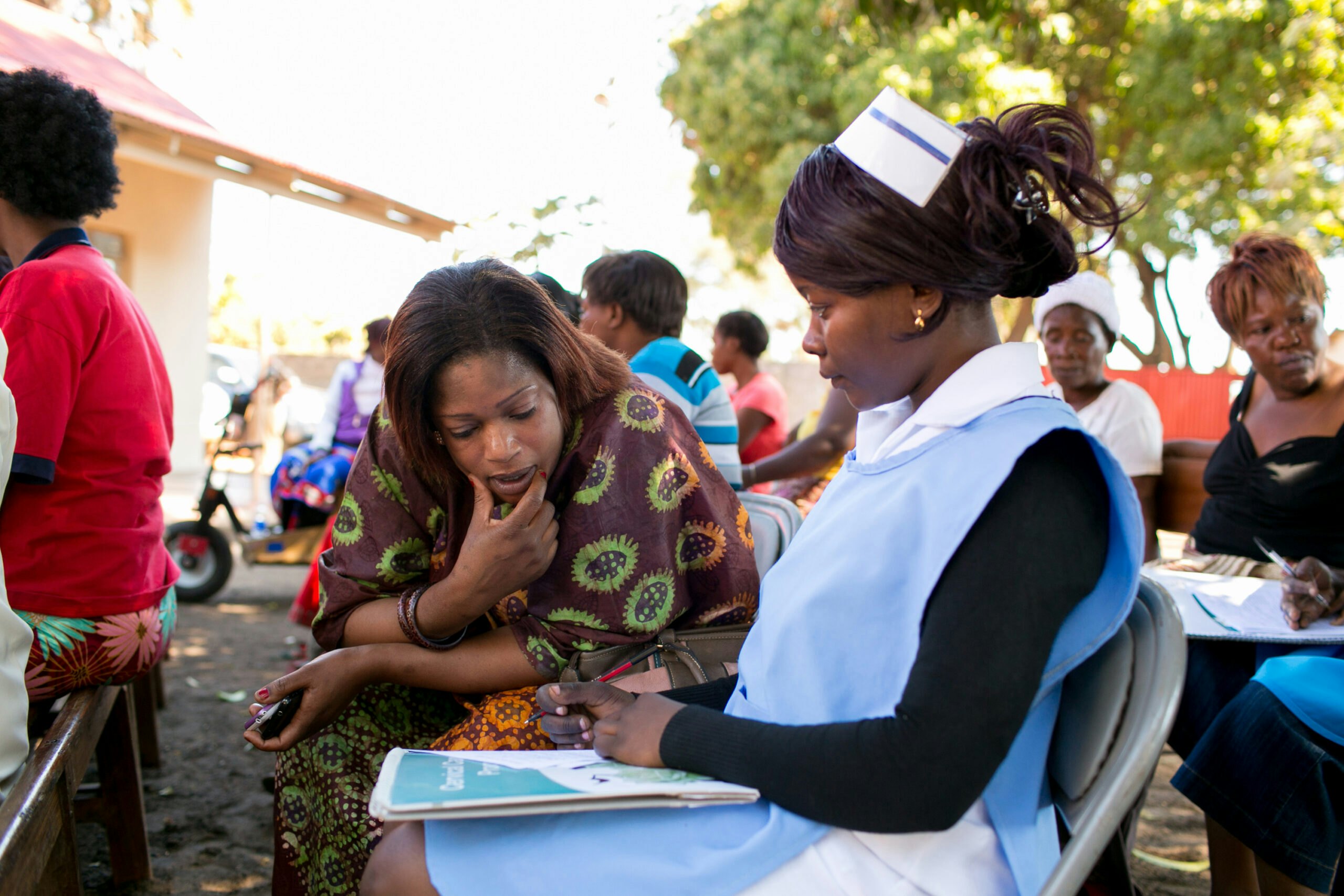On the first day of our renovation at the Mosi Oa Tuny Clinic, the Zambians’ sense of gratitude toward us was almost overwhelming. Anything...
On the first day of our renovation at the Mosi Oa Tuny Clinic, the Zambians’ sense of gratitude toward us was almost overwhelming. Anything we needed – such as a helping hand to help steady a ladder, the Zambians kindly provided. At times, before I could even ask for help, someone was there to assist me. Eventually, I candidly asked Knox, a Zambian worker, “Why are you so friendly to strangers?” The next few minutes of our conversation were profound.
According to Knox, our volunteer trip gave him and the other Zambian workers an opportunity to think and see differently. Before the work started on Mosi Oa Tuny clinic, the outside was an unwelcoming field of hardened clay and dirt surrounded the clinic. Access to electricity and running water were inadequate. As Knox describes, women were reluctant to visit the clinic because it was in need of maintenance. For Knox and the other workers, collaborating with the Bush Institute on the renovation of the clinic represents an opportunity to share ideas with one another to help bring about positive and life-saving changes within Zambia.
When two completely different cultures come together on one accord, remarkable things arise out of it. At the end of my conversation with Knox, he stated to me with utmost sincerity that whenever we desire to visit Zambia again, “You are most welcomed.”
Tyrell Russell is one of four students at Southern Methodist University working with the George W. Bush Institute to help renovate a cervical cancer clinic in Livingstone, Zambia.




























